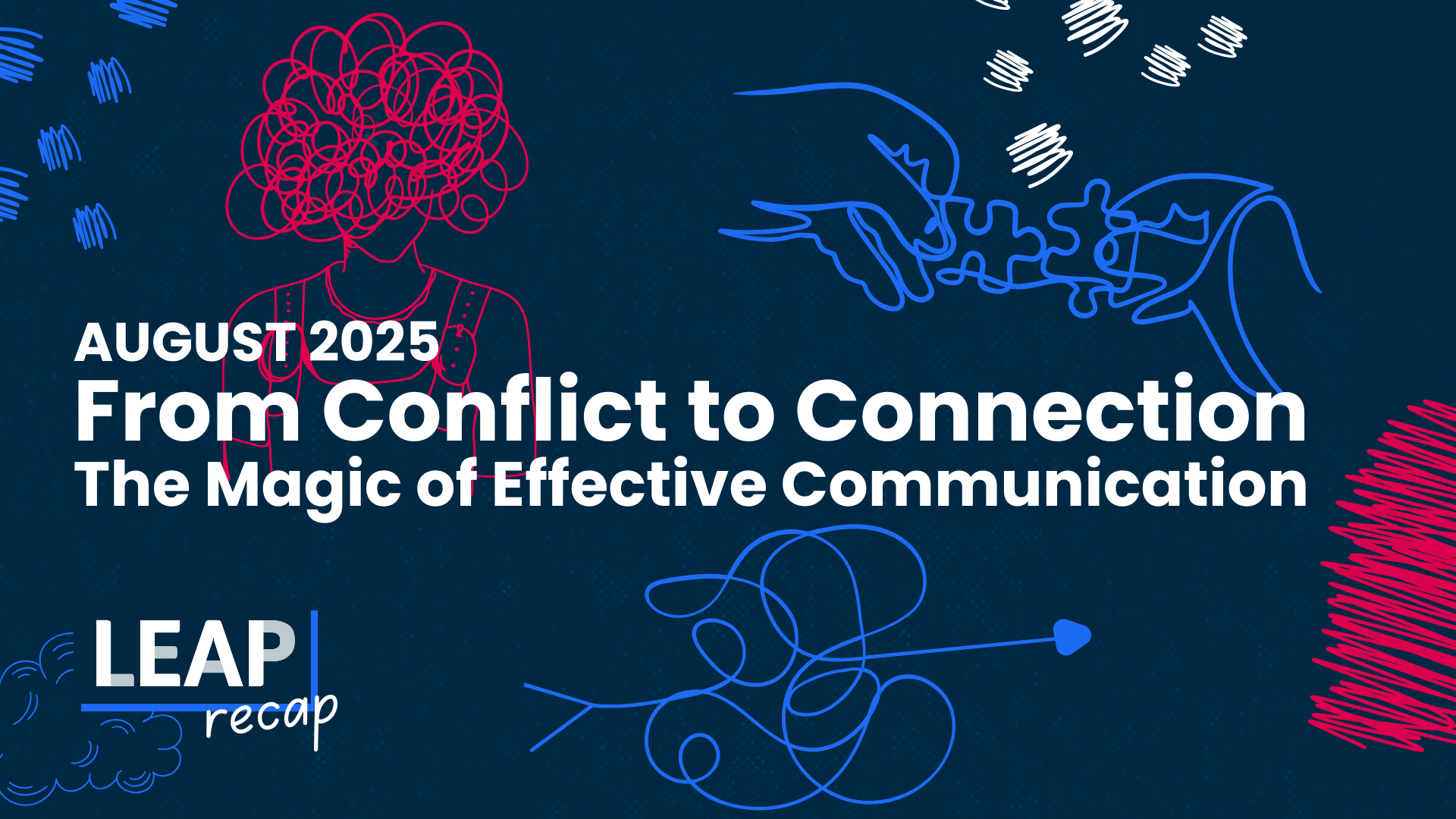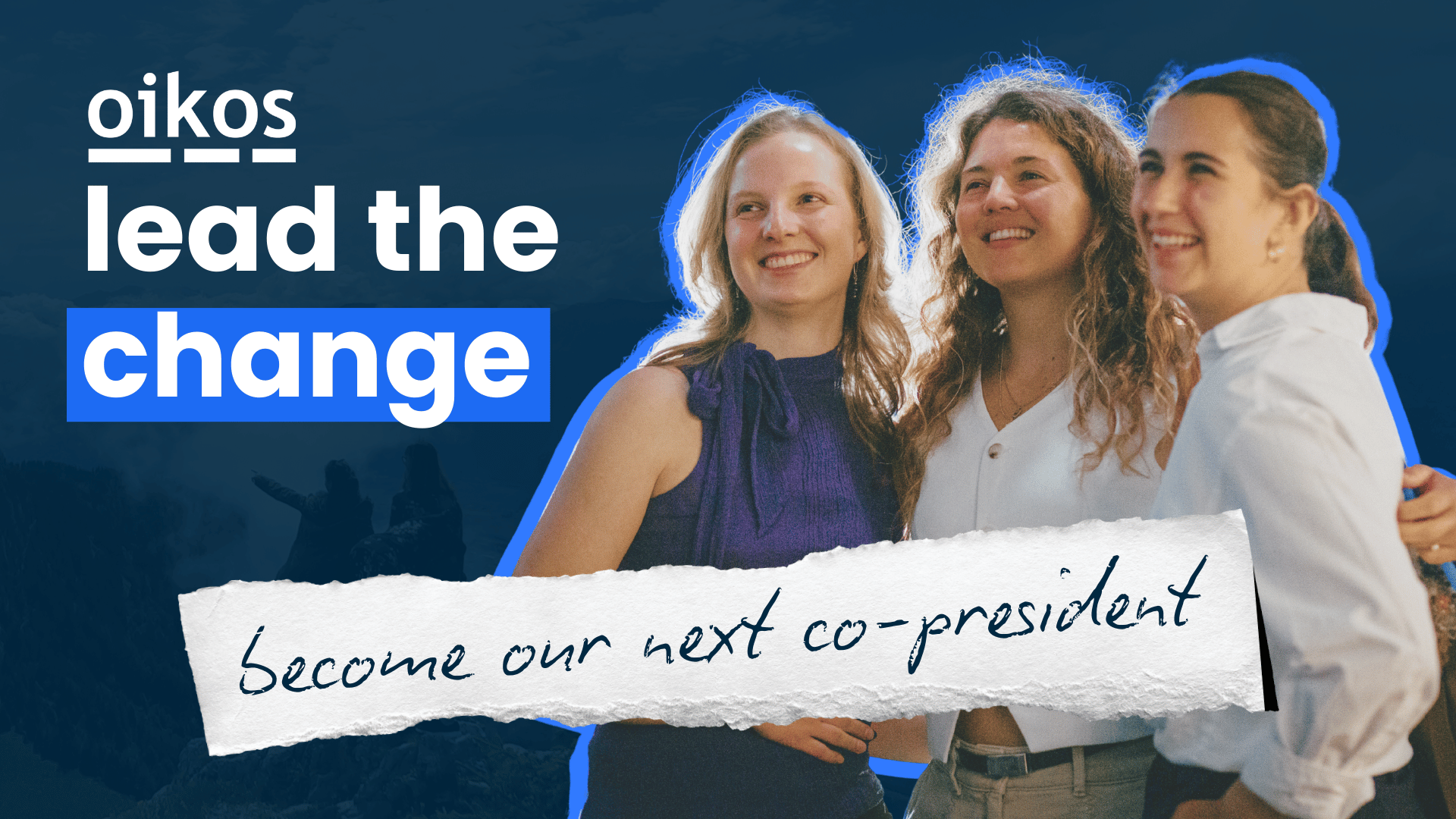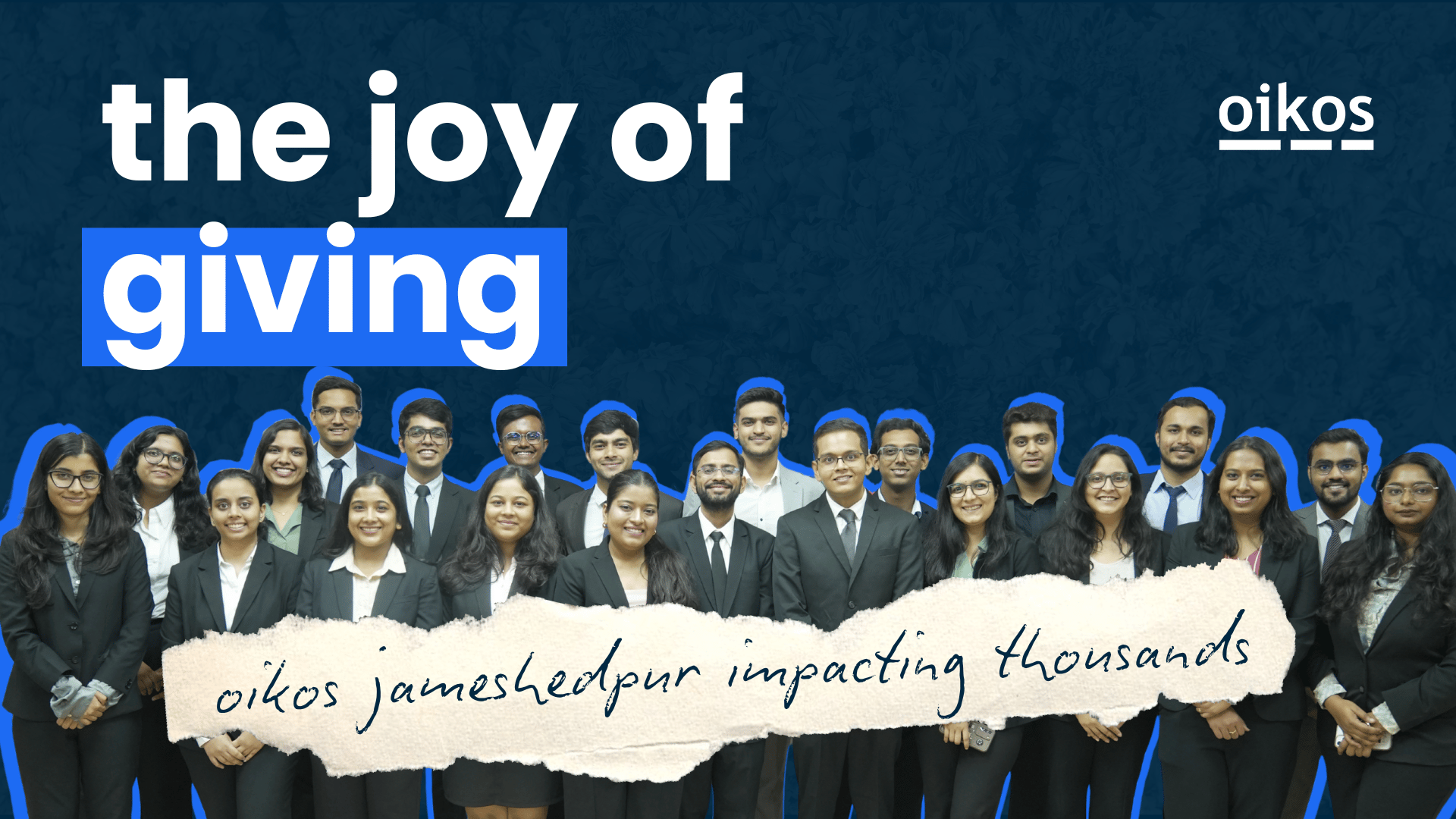
In August, the LEAP community gathered for something quietly transformative. Martina Pesce, Matthias Flury, and Omer Keren welcomed participants into a space not filled with lectures or slides, but with presence. Their workshops were all about practicing non-violent communication (NVC)—a way of speaking and listening rooted in Marshall Rosenberg’s work, designed to turn judgment and conflict into empathy, clarity, and connection.
The session began not with a flood of theory, but with a pause. A gentle grounding exercise settled everyone into the moment. Simple hand signals—like “me too,” “celebrate,” or “heart”—were introduced, letting people resonate with each other without breaking the flow of someone’s sharing. Participants were encouraged to move, stretch, sip water, or even rest when needed. These small, almost invisible invitations built an atmosphere of safety, a space where people could simply be human.
Then came a deceptively ordinary question: “How are you?”
But this time, it wasn’t about the automatic “fine, thanks” that we toss around daily. Instead, it became an invitation to look inward: What am I actually feeling right now? What’s alive in me?
In breakout pairs, one person spoke while the other listened—really listened. The speaker wasn’t expected to entertain or polish their words; they could share emotions, hesitations, even resistance. The listener’s role was just as radical: to stay fully attentive without jumping in with advice or filling silences.
The reflections afterward revealed the quiet power of this simple exchange. One participant described the relief of being truly heard during a tough week. Another found that silence helped them connect more deeply to themselves. Others realized how speaking feelings out loud gave them clarity they couldn’t find alone. What emerged was a rare reminder: sometimes the most healing thing we can offer is our presence.
From there, the facilitators introduced the deeper roots of NVC. They showed how judgments, “should” statements, and comparisons feed disconnection—our inner “jackal,” as Rosenberg called it. In contrast, when we identify feelings and needs, conversations open up. Instead of criticism, there’s curiosity. Instead of resistance, there’s room for dialogue.
By the end, the key lesson was clear: connection grows when we speak from needs and feelings, not from judgments or expectations. Honest check-ins, attentive listening, and empathic responses don’t just smooth over conflict; they create stronger relationships—whether in families, workplaces, or entire communities.
For the participants, the workshops weren’t just about learning a framework. They were an experience—a lived reminder of how rare, and how powerful, it is to sit in a circle of people, share what’s real, and be met with nothing but presence and empathy.




